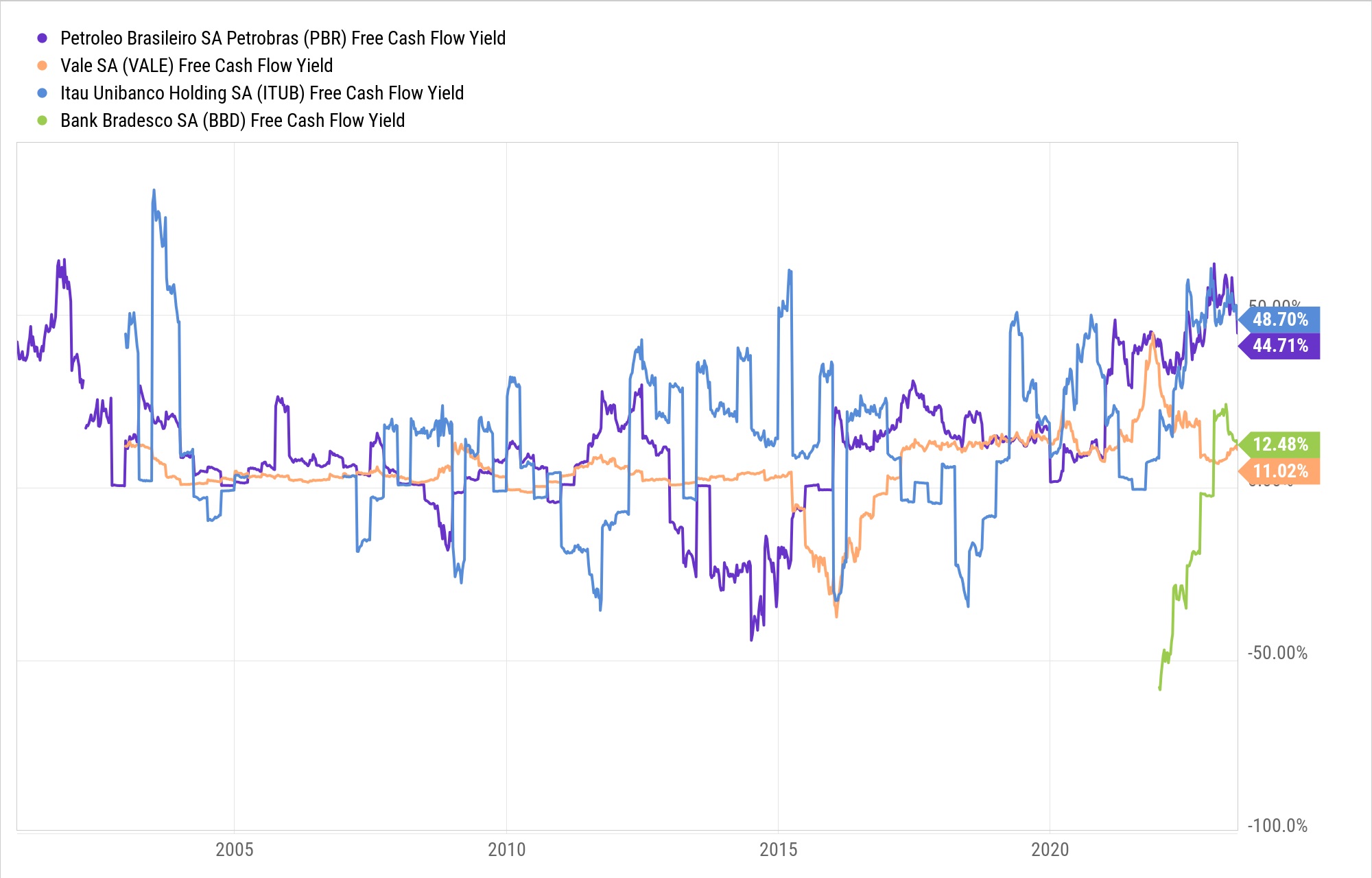

Finance
Avoidable Cost Definition
Published: October 11, 2023
Learn the definition of avoidable cost in finance and how it can impact your financial decisions. Get insights into managing and reducing avoidable costs to optimize your finances.
(Many of the links in this article redirect to a specific reviewed product. Your purchase of these products through affiliate links helps to generate commission for LiveWell, at no extra cost. Learn more)
Understanding Avoidable Costs in Finance
Finance is a vast field that encompasses various concepts and terminologies. One such important concept is avoidable costs. In this blog post, we will provide an in-depth definition of avoidable costs and why they are crucial in financial decision-making. So, what exactly are avoidable costs?
Key Takeaways:
- Avoidable costs are expenses that can be eliminated or minimized by taking specific actions or making certain decisions.
- Identifying avoidable costs enables businesses to optimize their financial performance and make informed decisions.
Avoidable costs, also known as discretionary costs, are expenses that can be eliminated or minimized by taking specific actions or making certain decisions. These costs are not essential or mandatory for the operation of a business, but rather represent choices that can be made based on financial objectives and priorities. By identifying avoidable costs, businesses can optimize their financial performance and make informed decisions that contribute to profitability and growth.
Now, you might be wondering why it is important to understand and manage avoidable costs. Well, here are a few reasons why:
1. Cost Optimization:
By identifying and reducing avoidable costs, businesses can optimize their operational expenses and improve their bottom line. This can be achieved by analyzing various cost drivers, such as unnecessary inventory levels, excess staffing, or inefficient processes, and taking appropriate measures to eliminate or mitigate them.
2. Decision-Making:
Understanding avoidable costs is crucial for making informed financial decisions. By differentiating between essential and avoidable costs, businesses can allocate resources more effectively and prioritize investments that offer higher returns. This helps in ensuring the long-term financial viability and growth of the company.
In conclusion, avoidable costs play a significant role in financial management and decision-making. By identifying and managing these costs, businesses can optimize their financial performance and make informed choices that contribute to their overall success. So, whether you are a business owner, financial professional, or someone eager to improve their financial acumen, understanding avoidable costs is a crucial step towards achieving financial excellence.














